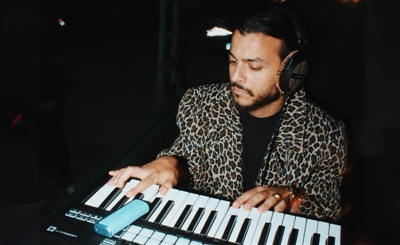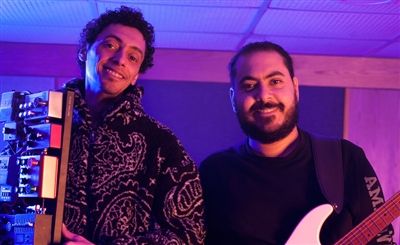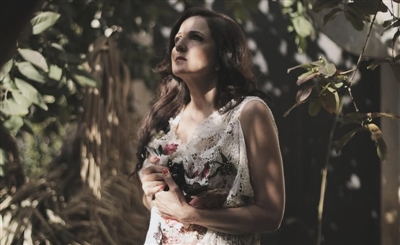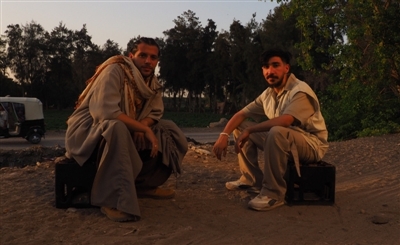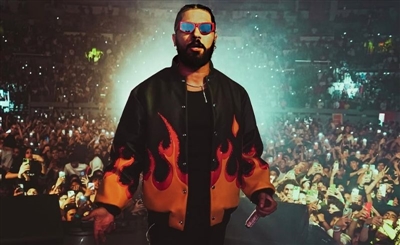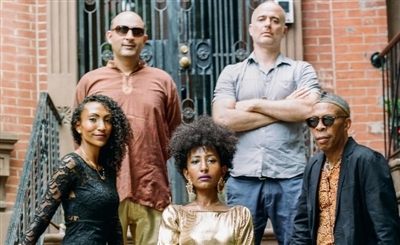Exclusive Interview: Tania Saleh on Space Cake and Bossa Nova
Ahead of her much anticipated show at Cairo Jazz Club on September 6th, we get an exclusive sit down with legendary Lebanese singing sensation Tania Saleh to talk about everything from space cake to the cultural connection between the Arab world and Brazil.
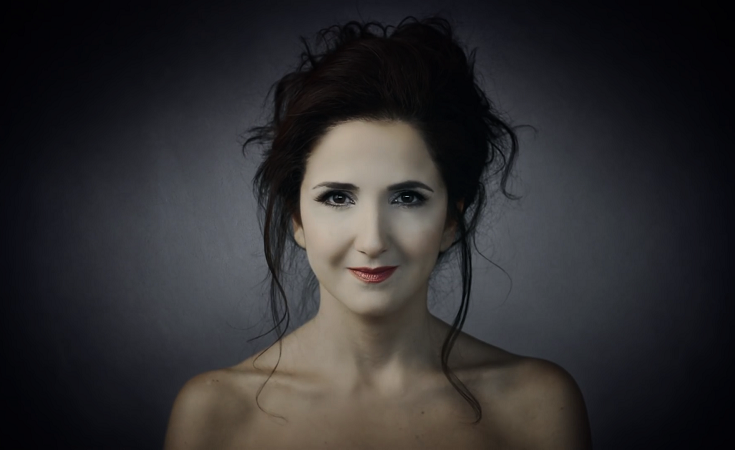
There is absolutely no copy/pasting in the eclectic discography of the Arab icon known as Tania Saleh. For well over a decade the Lebanese songstress has been on a mission to forge a unique sound that stands out in the often overlooked Arab musical landscape. Returning to Cairo for her fourth appearance at the Cairo Jazz Club, we decided to head over to Le Meridien des Pyramids to ask her about her success in reaching audiences well beyond her native Lebanese borders.
Performing all over the world, Tania Saleh’s journey began somewhat accidentally, possibly as a by-product of her musically rich upbringing. Describing her journey Saleh tells us that, "My mother used to sing. She had a beautiful voice and was always singing. The kind of music that was in our house ranged from Lebanese singers like Fayrouz and Rahbani to Edith Piaf and Charles Aznavour, but back then I didn’t know that I was going to become a singer, or a songwriter. I never considered it - never, never."
But the songstress continued to feel drawn to music; feeling a sense of euphoria whenever she heard original music, the Lebanese tour de force specifically points out that she was "really interested in listening to the people who can sing themselves, who wrote their own songs. I thought it was more honest." Inspired to find her own voice Saleh travelled to Paris in 1990 to work on a Fine Arts degree from the Sorbonne. It was during that time that the multi-talented Saleh developed her musical vision, but also visual skills that she would use later working in advertisements as well as her amazingly stunning videos.
Through the 90s Saleh continued to sharpen her skills, lending her captivating vocals to multiple collaborations before finally releasing her self-titled debut album in 2002. The songstress' debut album was an instant success as listening ears from across the globe fell in love with her almost always poetic lyrics merging with elements of Bossa Nova. According to Saleh, "When I listened to Brazilian music I felt that there was a great connection with Arabic music. Why? Because when the Arabs invaded Spain and Portugal, the cultures had mingled together, and they created a nice fusion of music so the Portuguese and Spanish were influenced by the Arabs and the Arabs were influenced by the Spanish and Portuguese." The musical thread and appreciation for each other's cultures may explain why the Brazilian and Lebanese governments claim that there are as many as 7 million Brazilians of Lebanese descent.
The fusion of these sounds makes Saleh a unique offering in the region and her talents know no bounds. Though she usually creates both the lyrics and music at the same time, she is also dynamically able to also create enchanting lyrics that fit perfectly within movies. "There were two films I composed songs for, Caramel and Where do We Go Now, which are films directed by Nadine Labaki who’s a renowned Lebanese film director. The music was there first, which was a very interesting lesson because it’s fascinating to see if you are able to write when the music is ready and to see if you are able to do the opposite. And I was able to do both, so I was very happy."
The ability to flexibly work both ways isn't a skill that every artist possesses, and for the film Where do We Go Now, Saleh provided the beloved track Hash of My Heart which not only fit the context of the movie but also its style. "In the case of this song, I wrote it for a scene in the movie where the women are baking cake with hash - space cake - because they want their men to stay at home and not go to war anymore; just be peaceful," laughingly explains Saleh. On the subject of hash, she adds, "You know in some countries it is used as medicine; in other countries, it's officially legal to smoke; in my opinion, it’s something nice, but you shouldn’t overdo anything."
As a veteran of the industry, Saleh has five studio albums under her belt and is showing no signs of stopping or stagnation. For her upcoming album, Saleh expects to provide an offering that emphasises the inclusion of experimental visuals. This multi-talented singing wonder is currently on tour in Egypt, which just so happens to be one of her favourite countries to perform in. According to Saleh, "I enjoy performing in Egypt - this is the truth - because the musicians are Egyptian and they love their culture, and you feel it when they perform. They don’t just do it as a job - this is why I have done more concerts in Egypt than anywhere in the world other than Lebanon."
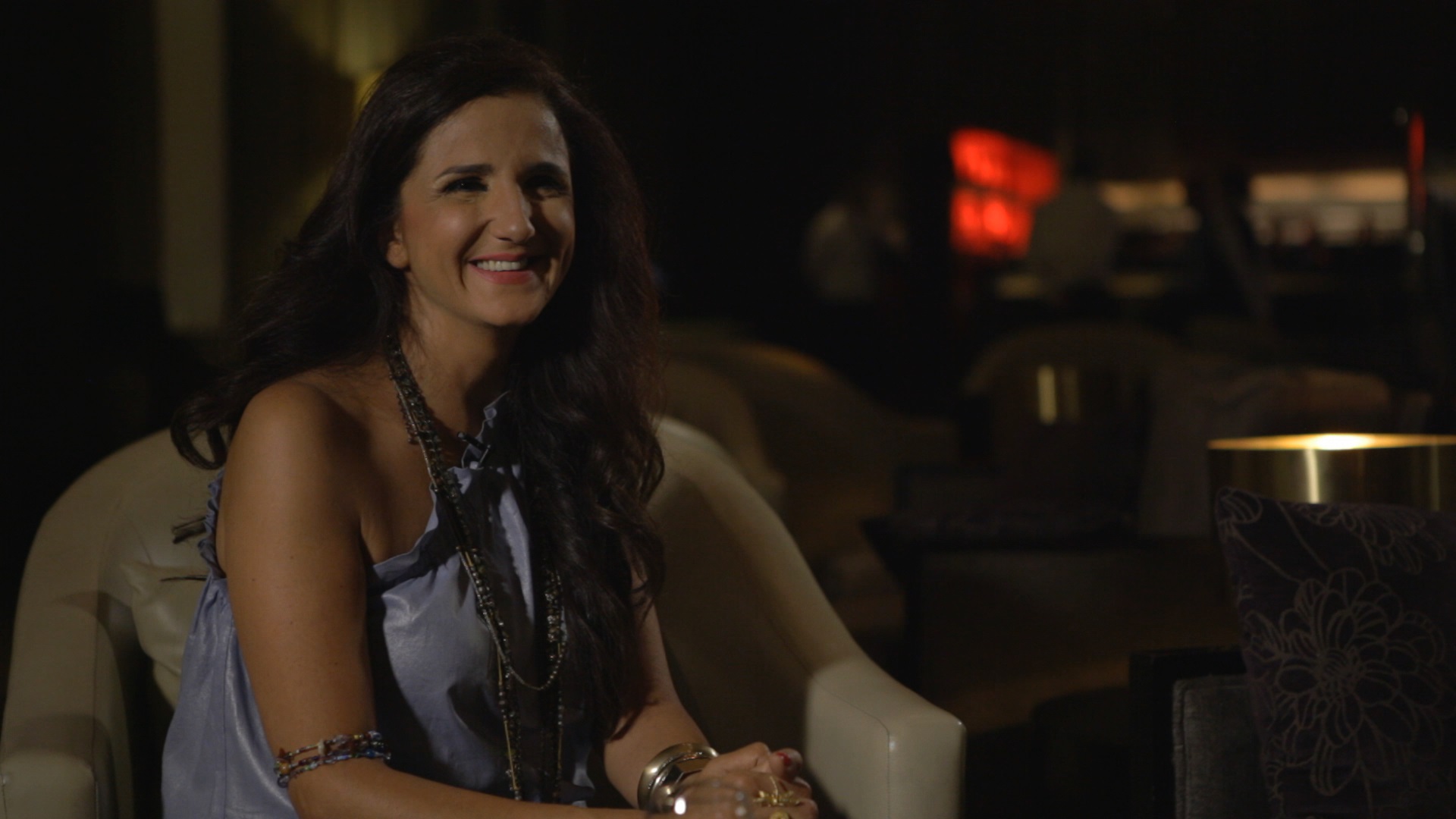
Returning to Egypt to perform a mini tour, the stellar Saleh will be taking the stage on Tuesday, September 6th at Cairo Jazz Club for her fourth appearance. "I always love it there. I don’t know...it’s like family now. The people and the crew are fantastic, and the people who go there are my kind of crowd," an excited Saleh explains.
Needless to say, the show is set to be nothing short of exceptional and will be a musical treat for ears that love both poetry and original fusion. There’s a good reason the Cairo Jazz Club continues to book this international icon and come Tuesday those who are unaware of this Arab jewel will have a better understanding why this artist deserves to be acknowledged as one of the region greatest musical ambassadors.
For more information and event details visit Cairo Jazz Club's Facebook page or follow them on Instagram @CairoJazzClub.
Video by @MO4Network's #MO4Productions.
- Previous Article Getting Abyusif
- Next Article DGTL: Much More than a Music Festival
Trending This Month
-
Jul 07, 2025



